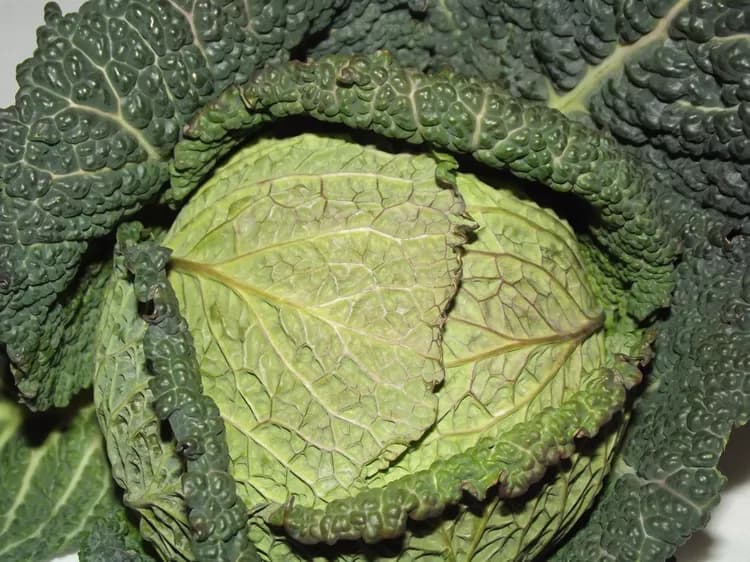One of the most important mineral elements of the human body is iron. Although, iron is a trace element and comprises only 3-4 grams of the adult body mass, it is an indispensable element without which we cannot survive. Iron plays a crucial role in the transport of oxygen within the blood. A majority of iron in the body is found in hemoglobin, a protein molecule that is a component of the red blood cell.
Iron is vital to the growth and development of infants and children. It is necessary for many enzymes and proteins in the body that are responsible for varied functions such as synthesis of DNA, cell division, digestion of food, and aiding in body metabolism processes. Myoglobin, which is another oxygen-carrying protein found in muscle tissues (chiefly in the heart and skeletal muscle tissue), requires iron for its formation. Thus, it can be understood that any iron-deficiency situation has the potential to affect the entire body.
The Iron Disorders Institute in South Carolina informs that generally, anywhere between 1-1.5 milligrams of iron is lost per day through body fluids such as feces, urine, vaginal fluids, sweat, and even tears. Globally, iron deficiency anemia is a common nutrition deficiency disorder that affects many people, which is treated through iron supplementation. It causes reduced amounts of oxygen to be transported through blood, requiring the heart to pump more blood. Deficient iron states may be caused by a decreased intake of dietary iron, decreased absorption of iron by the body, or due to increased body needs of iron.
According to the US National Academy of Sciences, Food and Nutrition Board, the recommended dietary allowance (RDA) of iron for males range between 8-11 milligrams/day and 8-18 milligrams/day for females. Different age groups have different iron requirement quantities. The RDA during pregnancy is 27 milligrams/day, but lower at about 10 milligrams/day for lactating mothers.
Foods high in iron content include the following:
- Iron-fortified breakfast cereals
- Dried fruits like raisins, apricots, and prunes
- Beans including kidney beans, soybeans, lima bean, and dried beans
- Clams and oysters
- Green leafy vegetables high in iron that include broccoli, asparagus, spinach, and kale
- Nuts such as almonds, cashew nuts, and pistachios
- Whole grains like wheat, millet, and oats
Iron is absorbed into the body better if foods with good sources of iron that are also rich in vitamin C are taken in the diet. Similarly, certain foods reduce the iron absorption capacity of the body. Loss of blood owing to heavy menstrual bleeding, a trauma, or gastrointestinal bleeding may also necessitate blood transfusions to arrest severe iron deficiency conditions.
An overload of iron rich foods may occur from indiscriminately taking iron supplements, or due to a genetic disorder. Excess iron in the body may cause iron toxicity, leading to fatigue, vomiting, weight loss, and grayish skin discoloration. It is always recommended to take the advice of a suitable healthcare professional before taking any iron tablets or bringing about any alteration to your regular food habits and diet such as an increased intake of high iron foods.
References:
http://www.cdc.gov/nutrition/everyone/basics/vitamins/iron.html (accessed on 11/17/2014)
http://ods.od.nih.gov/factsheets/Iron-HealthProfessional/#h2 (accessed on 11/17/2014)
http://themedicalbiochemistrypage.org/heme-porphyrin.php (accessed on 11/17/2014)
http://www.nlm.nih.gov/medlineplus/ency/article/002422.htm (accessed on 11/17/2014)
http://www.chemistry.wustl.edu/~edudev/LabTutorials/Ferritin/Ferritin.html (accessed on 11/17/2014)
http://www.irondisorders.org/how-much-iron-is-in-the-body/ (accessed on 11/17/2014)
Helpful Peer-Reviewed Medical Articles:
Allen, L. H. (2000). Anemia and iron deficiency: effects on pregnancy outcome. The American journal of clinical nutrition, 71(5), 1280s-1284s.
Centers for Disease Control and Prevention (CDC. (2002). Iron deficiency--United States, 1999-2000. MMWR. Morbidity and mortality weekly report,51(40), 897.
Grantham-McGregor, S., & Ani, C. (2001). A review of studies on the effect of iron deficiency on cognitive development in children. The Journal of nutrition, 131(2), 649S-668S.
Zimmermann, M. B., & Hurrell, R. F. (2007). Nutritional iron deficiency. The Lancet, 370(9586), 511-520.
Allen, L. H. (2000). Anemia and iron deficiency: effects on pregnancy outcome. The American journal of clinical nutrition, 71(5), 1280s-1284s.
Related Articles
Test Your Knowledge
Asked by users
Related Centers
Related Specialties
Related Physicians
Related Procedures
Related Resources
Join DoveHubs
and connect with fellow professionals


0 Comments
Please log in to post a comment.